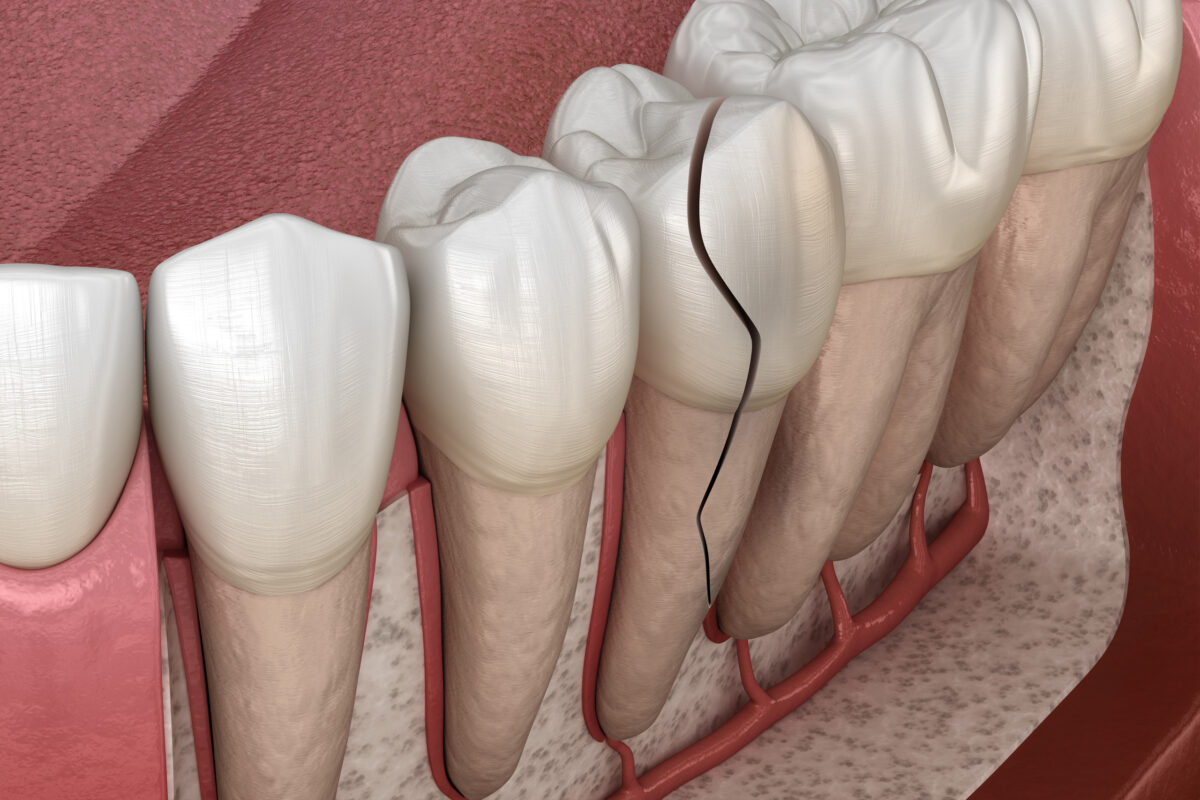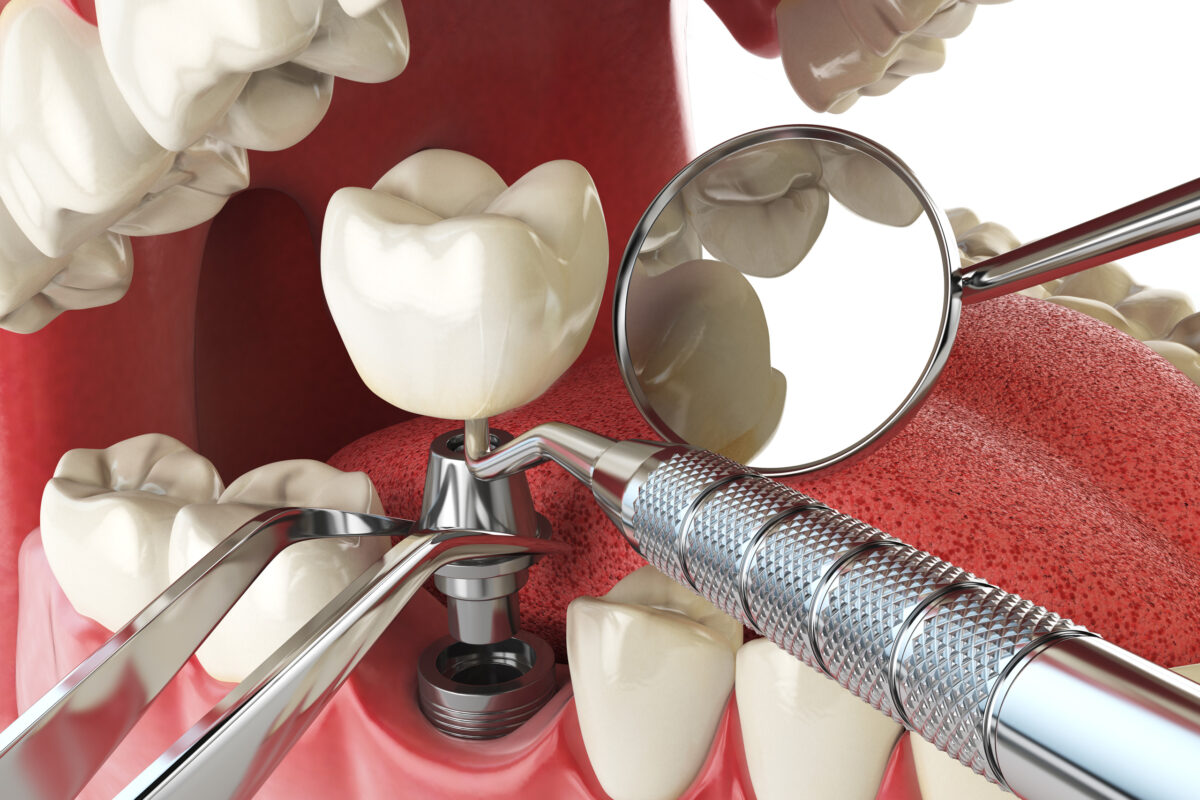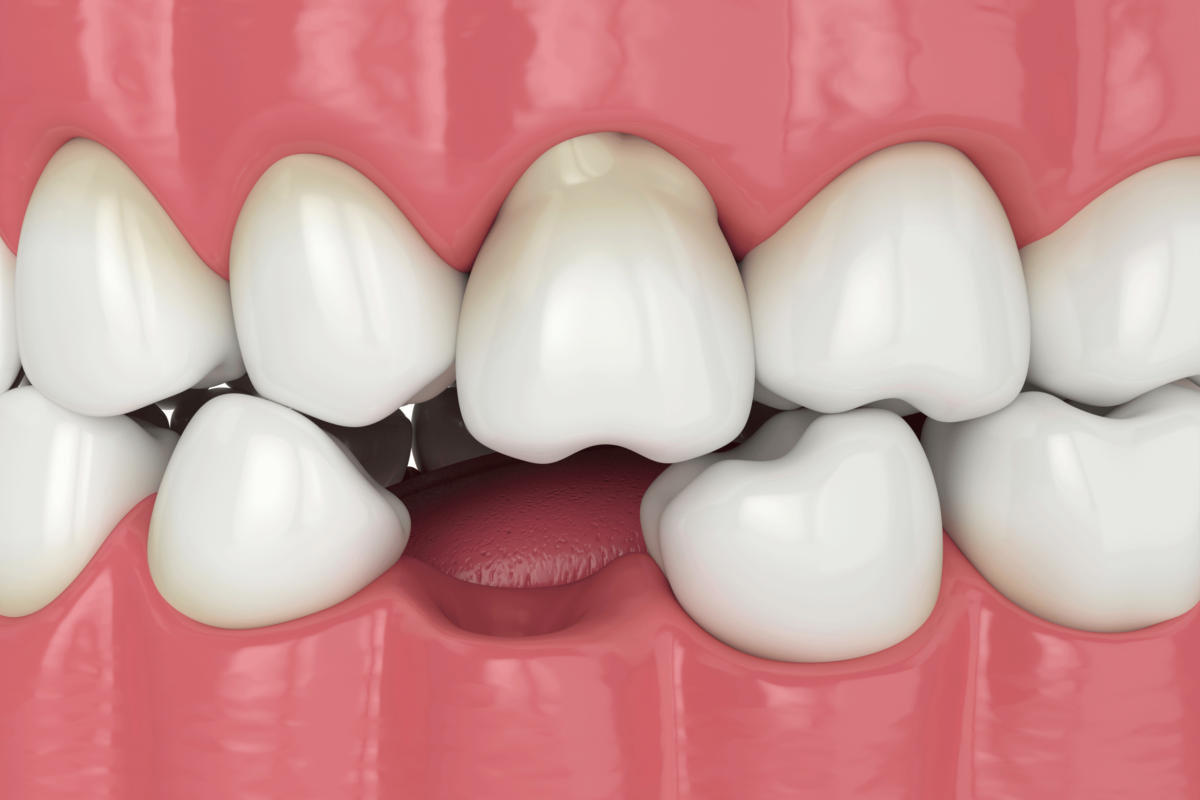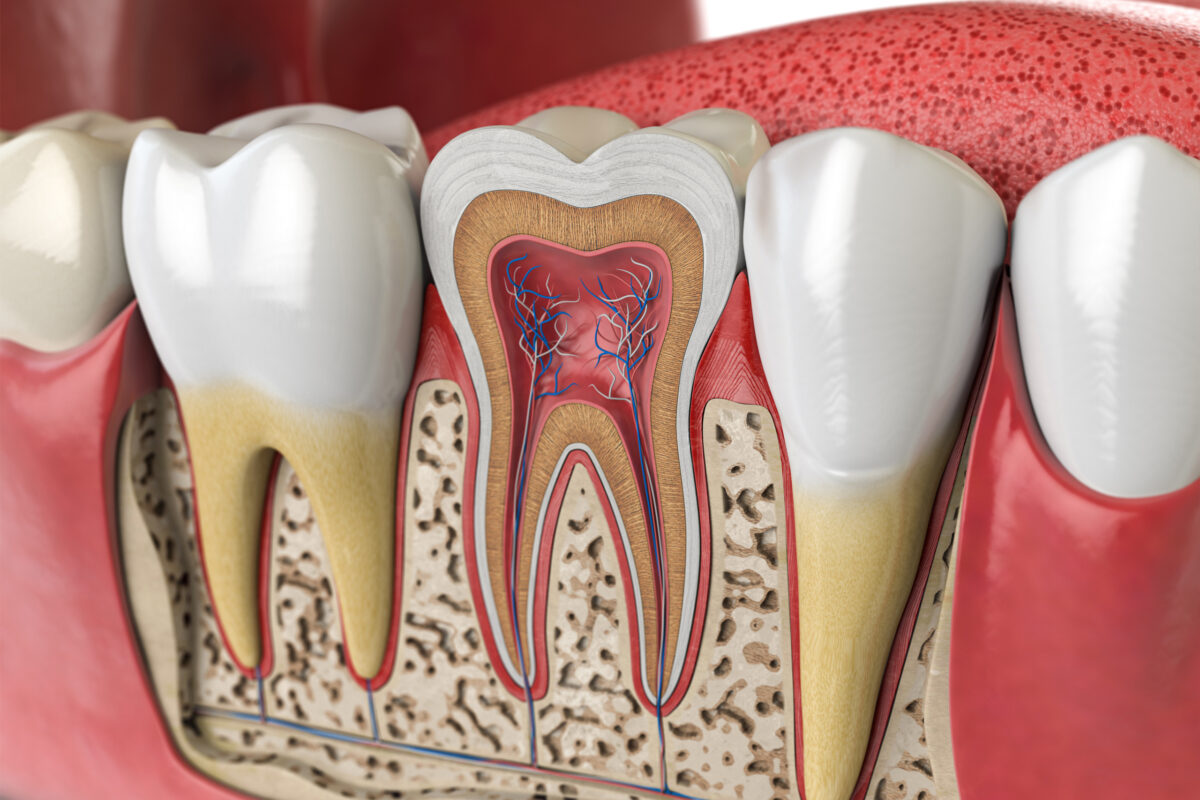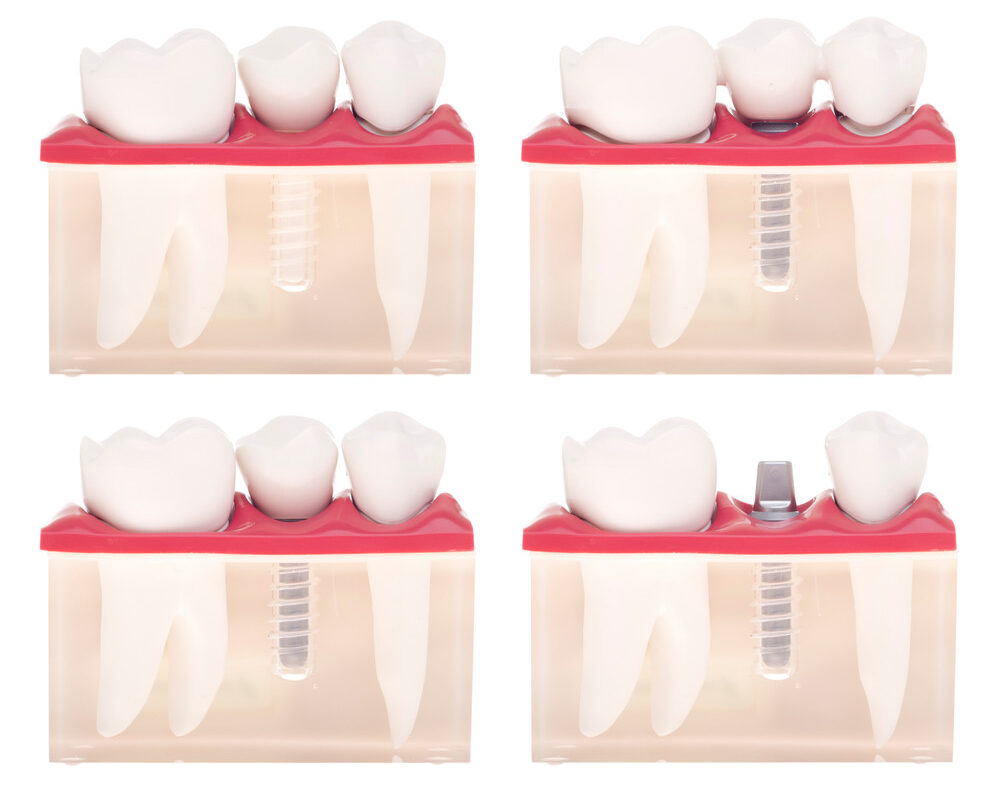Lowell, MA – Accidents can strike at any time, and dental emergencies are no different. We can’t plan for dental pain or injury, but how do we know if what we are experiencing is a true emergency that requires immediate attention or something that can wait a bit? The experts at Lowell Dental Arts explain … Continue reading Am I Having a Dental Emergency?
Lowell, MA – Dental implants are an excellent way for dental patients to restore their smiles to their original form and function, offering a result for missing teeth that is durable and natural-looking. Implants have revolutionized how dental experts treat missing teeth by improving aesthetics and functionality. What are dental implants? A dental implant is … Continue reading Types of Dental Implants Explained
Lowell, MA – Missing teeth can be a source of embarrassment, but it can also impede on your daily life. It can be difficult to eat and speak properly and can cause other dental issues. Luckily, there are so many options today to replace missing teeth. Ranging from dental implants to dentures, there is an … Continue reading Top Options for Replacing Missing Teeth
Lowell, MA – Root canals are important dental procedures that can save broken, infected, or severely decayed teeth and prevent further damage. The procedure involves removing a damaged nerve (dental pulp) from within the root of a tooth and thoroughly cleaning and sealing off the space left behind. Root canals can preserve a natural tooth … Continue reading How Much Does a Root Canal Cost in Lowell, MA?
When you notice a tooth that seems compromised, whether from severe decay, traumatic injury, or something else, you likely wonder how best to restore it. Two common options your dentist may recommend are dental crowns or implants. A modern dental implant offers the strongest and most natural alternative for missing teeth and has been used … Continue reading How Do I Know Whether a Crown or Dental Implant Is Better for Me?
